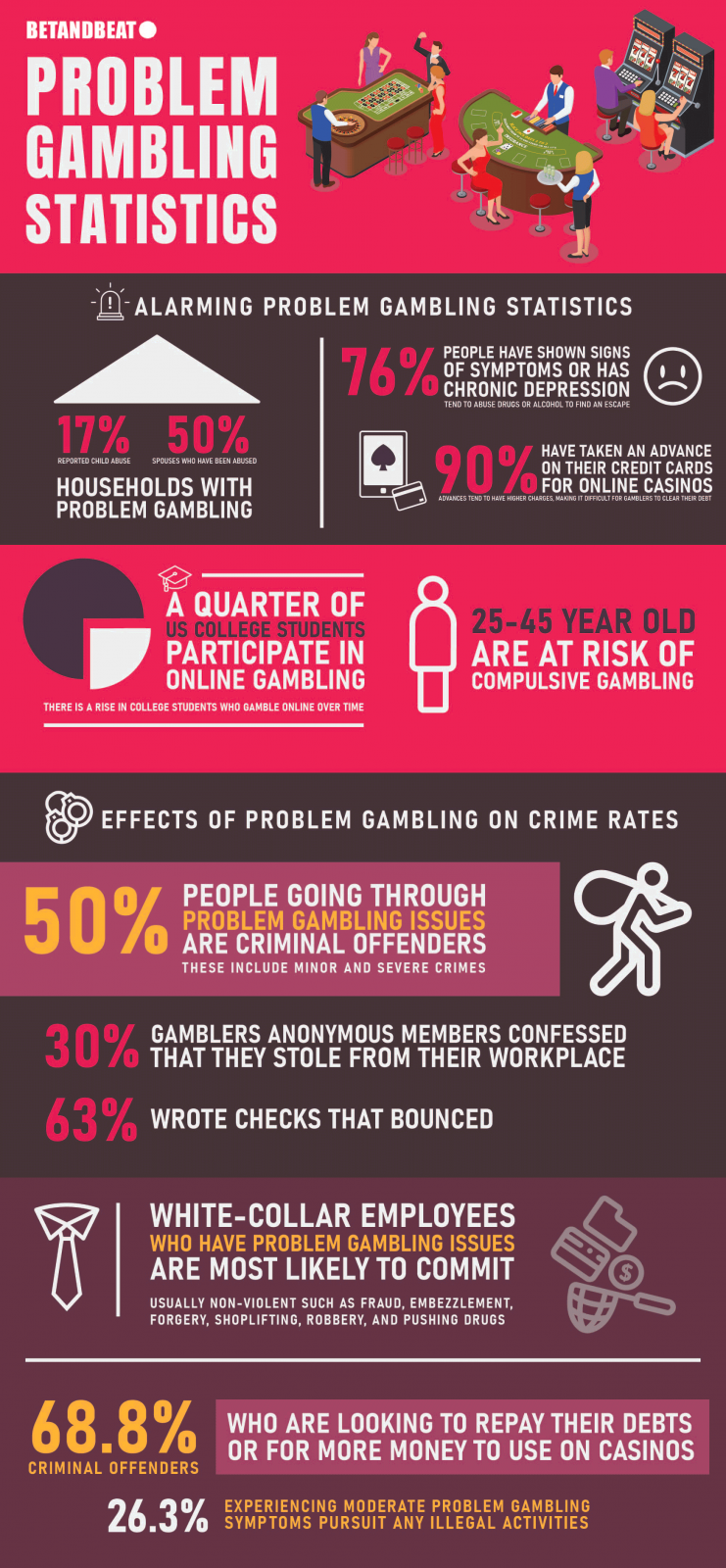Gambling facts reveal an intriguing world of chance and strategy that captivates millions globally. This multifaceted industry not only draws in casual players but also generates remarkable gambling revenue, particularly as it evolves with technology. Understanding gambling statistics is essential for those looking to navigate this thrilling domain safely. One significant area of discussion revolves around the psychology of gambling, which delves into why people are drawn to the risk, often leading to discussions about gambling addiction. As we explore these global gambling trends, we uncover a landscape rich with opportunities and significant challenges that impact personal lives and broader economies alike.
When we talk about wagering activities, what often comes to mind are the games of chance that entice individuals into taking risks for potential rewards. This realm encompasses various forms of betting—ranging from casual bets on sports to sophisticated table games, all appealing to a wide audience. The phenomenon of betting has shaped cultures and economies, prompting a closer look at the factors driving participation. Recent gambling participation data highlights patterns in demographics, showcasing how engagement with these activities varies between age groups and platforms. Thus, understanding this intricate web of betting habits and behaviors is crucial for anyone interested in the industry’s deeper implications.
Understanding Gambling Facts and Their Impact
Gambling facts provide valuable insights into the dynamics of this multifaceted industry, which includes diverse betting forms like sports wagering, poker, and casinos. Recent gambling statistics indicate a notable increase in participation levels, with reports showing that nearly half of adults in many countries have engaged in some form of gambling activity within the past year. This surge is particularly evident among younger generations who are drawn to online platforms and mobile applications, reflecting a significant shift in gambling trends. Understanding these statistics is essential to grasp how gambling has evolved and its implications on society.
The psychology of gambling is intricately linked to these facts, illustrating how human behavior influences gambling practices. Neurobiological research reveals that particular games activate the brain’s reward system, enhancing the thrill and leading to repeated engagement. For instance, the dopamine release associated with wins can trigger a desire to gamble again, often resulting in patterns that may contribute to gambling addiction. By recognizing these psychological underpinnings, individuals can better navigate their gambling experiences and be more aware of when to seek assistance should they encounter difficulties.
Exploring Global Gambling Trends and Their Revenue Effects
Global gambling trends have transformed astonishingly, particularly as technology continues to reshape the industry. The availability of online gambling platforms has revolutionized how individuals engage with gambling, contributing to a substantial increase in gambling revenue worldwide. According to estimates, the global gambling market is projected to reach over $500 billion by 2023, a staggering increase fueled by the rise of esports betting, online casinos, and mobile applications. This growth reflects changing behaviors, with millennials and Generation Z leading the charge towards digital gambling solutions.
Furthermore, the economic implications of these trends are profound, as gambling revenues play a critical role in many national economies. Regions that allow for regulated gambling often report substantial increases in tax revenues, which can fund public services and infrastructure. However, alongside these financial benefits, there are challenges such as gambling addiction and public health concerns that must be addressed. Policymakers are increasingly tasked with finding a balance between capitalizing on the growing gambling market while implementing measures that safeguard the welfare of their populations. Understanding these global trends empowers individuals to make informed decisions within the gambling landscape.
Frequently Asked Questions
What are the latest gambling statistics regarding revenue growth in the U.S.?
As of the first quarter of 2023, the gambling industry in the U.S. recorded a remarkable revenue growth, reaching **$12.30 billion**. March alone contributed **$4.35 billion** from land-based casinos, indicating strong engagement in various gambling activities among the population.
How does the psychology of gambling contribute to gambling addiction?
The psychology of gambling plays a significant role in addiction, as it can trigger the release of dopamine, the feel-good hormone. This biochemical response often leads individuals to chase losses and seek the thrill of winning. Recognizing the signs of gambling addiction enables early intervention, making it essential for players to be aware of their behaviors and seek help if needed.
| Aspect | Details |
|---|---|
| Definition of Gambling | The act of staking something of value on an uncertain outcome for the chance to win money or material goods. |
| Revenue Growth in the U.S. | In Q1 2023, U.S. gambling revenue reached $12.30 billion, with March alone at $4.35 billion from land-based casinos. |
| Global Participation Trends | Increasing participation from younger demographics, particularly through online platforms. |
| Psychology of Gambling | Gambling can trigger dopamine release, which may lead to addiction. Recognizing gambling addiction is crucial. |
| Responsible Gambling Tips | 1. Set a budget. 2. Manage time spent. 3. Recognize when to stop. |
| Public Health Concerns | WHO highlights risks of gambling, especially among vulnerable populations, urging for awareness and support. |
Summary
Gambling facts reveal a fascinating industry that has woven itself into the fabric of modern entertainment and culture. As we delve into the world of gambling, we find not only exhilarating potential for win and loss but also a myriad of psychological and societal implications. Understanding these gambling facts is essential for engaging in this thriving sector responsibly. With rising trends among younger players and increasing revenues, it is crucial to approach gambling with informed caution. By acknowledging the psychological factors at play and employing responsible gambling practices, individuals can navigate this complex landscape while safeguarding their well-being and finances. The marriage of gambling and technology further underscores the need for comprehensive awareness, ultimately fostering a more enjoyable and secure gambling experience for all.
